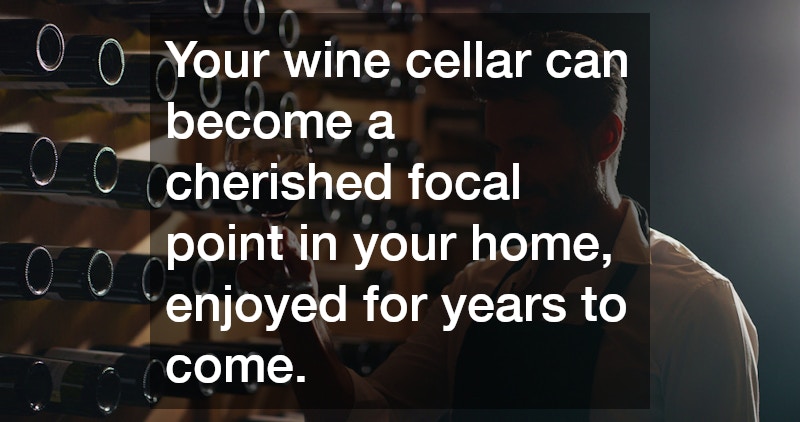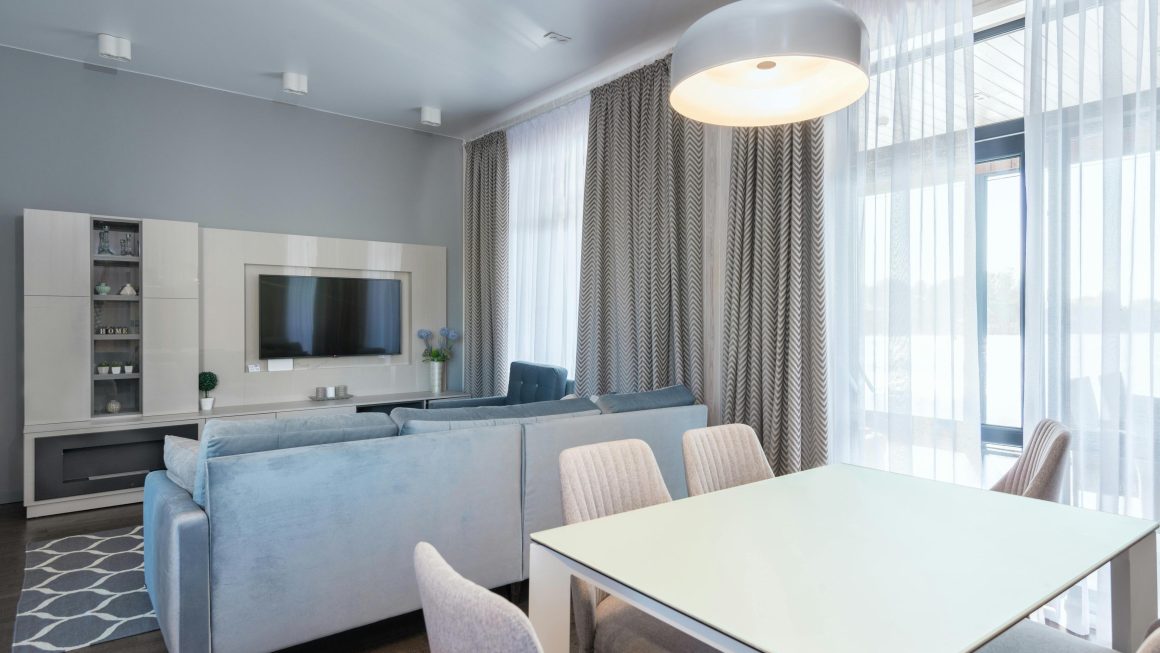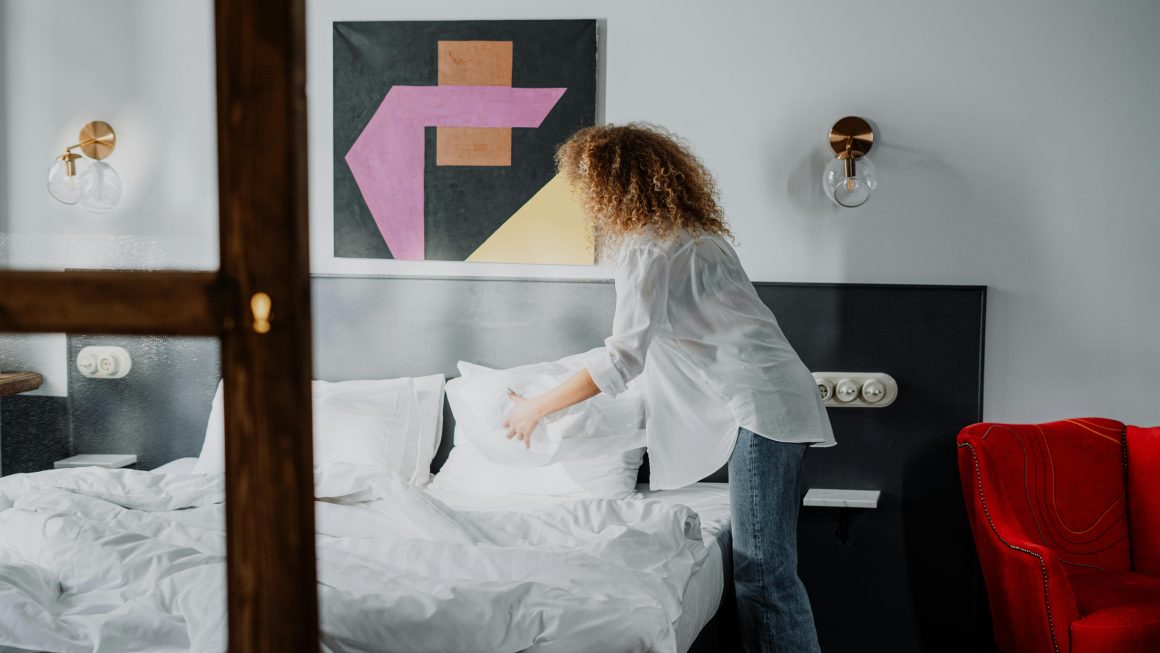Discover the essential guide to finding expert wine cellar installers who can elevate your custom home designs. In this article, we explore the critical aspects to consider when incorporating a wine cellar into your home, from design aesthetics to the technical expertise required for proper installation.
1. What Key Features Should a Custom Wine Cellar Include?
1.1 Climate Control Systems
Explore the importance of maintaining the perfect temperature and humidity levels for optimal wine storage. A reliable wine cellar should consistently maintain conditions around 55°F and 60-70% humidity to preserve wine quality over time.
Automatic climate control systems play a crucial role in achieving these conditions, protecting your collection from harmful temperature fluctuations. Advanced systems often include sensors to monitor and adjust parameters, ensuring your wines age gracefully.
To integrate such systems smoothly, consider the layout and insulation materials used within the wine cellar. These decisions can significantly impact the efficiency of your climate control and preserve the longevity of stored wines.
1.2 Aesthetic Design Considerations
Discuss how to blend functionality with luxury design elements to enhance the overall appeal of your home. A well-designed wine cellar can serve as an elegant focal point in any custom home, blending seamlessly with existing decor.
The use of premium materials such as mahogany, oak, or glass can elevate the visual appeal without compromising on functionality. Custom lighting and display features can further enhance the aesthetics, creating a luxurious environment to showcase your collection.
Collaborating with professional designers ensures a balance between form and function, addressing both storage needs and stylistic preferences. This collaboration allows for a unique space that embodies personal taste while fulfilling practical requirements.
2. How to Choose a Reliable Wine Cellar Installer?
2.1 Credentials and Experience
Learn about the qualifications and experiences to look for in a professional wine cellar installer. An installer with the right credentials and years of experience can offer invaluable insights and innovative solutions tailored to your project.
When evaluating potential installers, consider those who have specific certifications in refrigeration or HVAC systems, as these skills are integral to wine cellar installations. An experienced installer brings an understanding of the complexities involved and can mitigate potential installation challenges effectively.
A proficient installer should also stay updated with the latest industry standards and use cutting-edge techniques, safeguarding your investment. Their expertise ensures that your wine cellar operates efficiently and remains a valuable part of your home for years to come.
2.2 Portfolio and Client Testimonials
Examine the importance of reviewing past projects and customer feedback to gauge reliability and expertise. A comprehensive portfolio can reveal an installer’s versatility and ability to handle diverse design requirements unique to individual homeowners.
Reading client testimonials offers insights into an installer’s professionalism, communication skills, and reliability. Reviews can highlight an installer’s strengths and potential areas of concern, helping you make an informed decision.
Requesting references or direct contact with past clients provides firsthand feedback on their satisfaction with the completed wine cellar. This direct communication confirms the installer’s credibility and overall customer satisfaction.
3. What are the Costs Involved with Installing a Wine Cellar?
3.1 Factors Affecting Installation Costs
Understand the various elements that can influence the cost of wine cellar installation in a custom home. Factors such as the size, location, and choice of materials significantly affect the overall budget.
Additional features like advanced climate control systems or bespoke cabinetry can increase costs, but they also enrich the functionality and allure of the space. The inclusion of high-tech components for monitoring conditions could lead to long-term savings by safeguarding your collection.
Local labor rates and the intricacies of existing home design also impact costs, necessitating a thorough estimate before embarking on the installation. This advance budgeting helps manage financial expectations and ensures a realistic plan that aligns with your vision.
3.2 Budget-Friendly Options and Financing
Discover ways to optimize your budget and explore potential financing options for your project. Opting for pre-designed modular systems is a cost-effective alternative that still offers high-quality storage solutions.
Working with installers who provide flexible payment plans or financing can ease upfront financial burdens. Many companies today offer customized payment structures that cater to different financial situations, making luxury wine cellars accessible to a broader market.
To keep costs manageable, prioritize essential features such as climate control and shelving over purely aesthetic additions. This strategic planning ensures a functional and attractive wine cellar without overspending.
Summarize the key points discussed and reinforce the significance of selecting expert wine cellar installers to enhance your custom home design, ensuring both functionality and aesthetic appeal. Investing in a well-designed wine cellar not only adds value to your home but also offers a personalized touch for wine enthusiasts.
Professional installers can guide you through the complexities of design and installation, marrying technical precision with sophisticated style. Selecting the right professional is essential to creating a space that reflects your unique taste and complements your custom home.
As you embark on this project, consider the long-term benefits and personal satisfaction that arise from having your collection perfectly stored and beautifully displayed. Your wine cellar can become a cherished focal point in your home, enjoyed for years to come.



